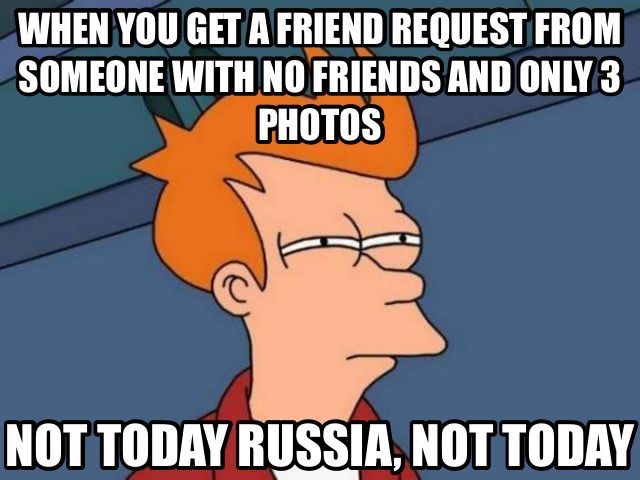
As we get deeper into election season here in the United States, politics and other interactions are getting increasingly divisive, even more so than most Presidential election years. The dialogue is complicated by what we’re calling trolls: accounts used to seed disinformation and dissension. They create memes and other posts full of the kinds of things that spark outrage and divide people into more and more distinct “us versus them” sides. Some trolls are fake accounts, puppets, of various governments with their own reasons for wanting to favor one side or another in an issue. Others are simply folks who enjoying sowing discord and do nothing else with their social media.
The problem with trolls is that they pretend to be like you, but they’re really just a one-note song. In the end, all they do is remind you of differences between you and the other people in your life. Instead of focusing on all of the things you have in common with those around you, trolls want you to think anyone not entirely on your team is entirely against you. They don’t leave room for overlap, for agreeing on some things and agreeing to disagree on others.
But when we step away from the Internet, we know that’s not true. We can like, even love people who hold different views from us. We can find commonalities with people we dislike, even hate. We might not like it, sharing something even so minor as a favorite color or laughing at the same funny cat picture, but it’s there. And once we find one thing, we often can find others. Eventually, if we let ourselves, we find that what we agree on and can enjoy together is an awful lot more than what we don’t.
In order to find that out, though, we need to weed the trolls from our lives. Following them, sharing their content, using what they say to judge the people around you…all that does is separate you from who and what actually matters. Fortunately, there are warning signs that can clue you in to the fact that a troll or their content is in front of you. The two I watch for the most, because they’re not only indicative of trolls but because they have the most potential to change how I feel about someone or something in a way I need to watch out for are:
-A post that says something I really, really want to be true. So much so that I don’t even want to Google it on the off chance it might not be. So much so that I assume that any counter-evidence is tainted. So much so that I’m automatically suspicious of anyone who is suspicious of that post. See the path posts like that can lead you down?
-A social media account that is constantly goading readers into picking a team, and depersonalizing everyone on the other side. An account that encourages me to cut non-believers out of my life, that speaks about them in denigrating terms constantly, and that only ever acknowledges the good of their own people. An account that can draw you into isolating yourself in an echo chamber.
It’s tempting and comforting to surround yourself with unchallenged beliefs and unchallenging people. Few people want to spend their downtime digging into controversial topics that can end friendships if they aren’t careful. Being justifiably angry and having the folks around you agree and cheer you on just plain feels good. So does being able to think you’re superior in some way to ‘those other people.’
But allowing, even inviting, more diversity of thought and feeling into your life? It’s a beautiful thing. Your friends will keep you on your toes and honest. You’ll learn to be able to better defend your positions, or figure out where they’re wrong in some way. There will be more people around you who enjoy the things you love most.
So here’s your weekend assignment. Head on over to spotthetroll.org and see how you do on the quiz. It only requires ten minutes or so, though you can certainly go deeper down the rabbit hole. Then see if you can prune your social media feed a little, and maybe get back to interacting more with the real people in your life.




